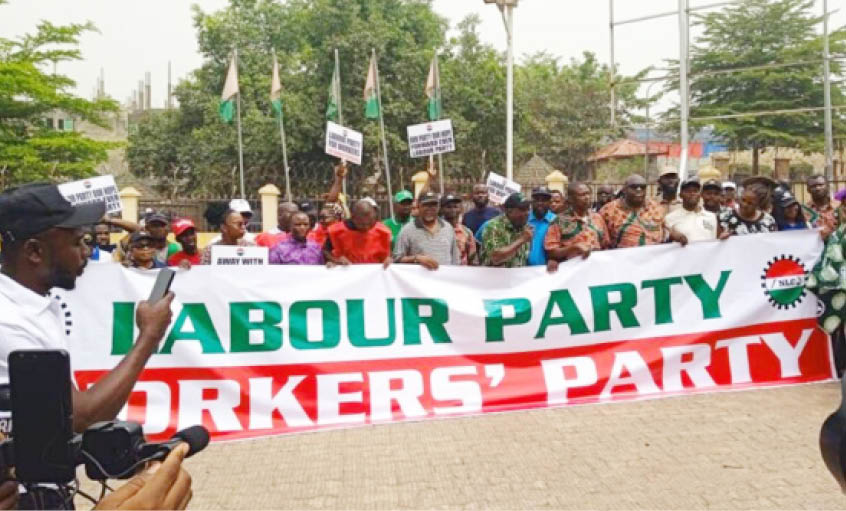The Nigeria Labour Congress (NLC) has a long history of advocating wage increases and improved working conditions for Nigerian workers.
The NLC has just suspended a nationwide strike in agitation for wage increase to address the impact of inflation, rising living costs, rise in electricity tariff and economic challenges facing Nigerian workers.
To address these problems, the government should consider wage parity among all federal government-owned institutions since salaries are being paid from the same source (federation account).
Wage parity refers to the principle of ensuring that individuals receive equal pay for equal work, regardless of factors such as gender, ethnicity or other non-performance-related characteristics.
It involves eliminating wage disparities based on discriminatory practices and ensuring that all employees are compensated fairly and equitably for their contributions. Wage parity aims to promote fairness, equality and non-discrimination in the workplace by ensuring that individuals are paid based on the nature of the work they perform rather than irrelevant factors.
Wage parity can indeed play a significant role in addressing the problem of industrial action by Nigerian workers for several reasons. When workers are paid fairly and equally for the same work, regardless of where they work, it can help foster a more harmonious and productive work environment and drastically reduce corruption in the public sector.
We have a situation currently where a retired director in the mainstream service gets a little over N100, 000 as his monthly pension (no thanks to the contributory pension scheme) where his counterpart in a government parastatal gets over N300,000 outside the humongous retirement benefits.
Below are few key reasons why wage parity can help alleviate the issues that lead to industrial action:
It promotes fairness and equity: Wage parity ensures that all workers are compensated equally for the same work, which promotes a sense of fairness and equity among employees. When workers feel that they are being treated fairly, they are more likely to be satisfied with their jobs and less likely to engage in industrial action to demand better pay.
Reduces resentment and conflict: Wage disparity can create resentment and conflict among workers, especially if some employees feel that they are being unfairly paid less than their counterparts in different government-owned institutions for the same work. By implementing wage parity, government can avoid these tensions and create a more peaceful and harmonious work environment.
Increases employee motivation and engagement: Fair and equal pay can increase employee motivation and engagement. When workers feel that their efforts are being rewarded fairly, they are more likely to be motivated to perform well and contribute positively to the development of our dear country. This will be in line with our national anthem, which implores us to build a nation where no man is oppressed. This, in turn, it can help reduce the likelihood of industrial action as workers are more satisfied with their compensation.
Recall that former President Muhammadu Buhari advised Nigerian workers to clamour for pay parity instead of minimum wage so that everyone would be paid equally since all workers attend the same market, send their children to the same school, pay the same electricity bill, etc.
Although the Head of Service of the Federation, Dr Folasade Yomi-Esan, has set up a committee to work out the implementation of this policy, we are yet to see the outcome of the committee’s assignment.
We can have a uniform wage for all public officers but peculiar allowances can be given based on individual job schedules.
In conclusion, wage parity is a crucial element in addressing the root causes of industrial action by Nigerian workers. By implementing fair and equal pay practices, companies can promote fairness, reduce conflict, increase motivation, improve retention, enhance their reputation, comply with labour laws, while preventing disputes and fostering a positive work culture.
Dr Jumai Ahmadu, acting Director, Reform Coordination and Service Improvement, FCTA

 Join Daily Trust WhatsApp Community For Quick Access To News and Happenings Around You.
Join Daily Trust WhatsApp Community For Quick Access To News and Happenings Around You.


